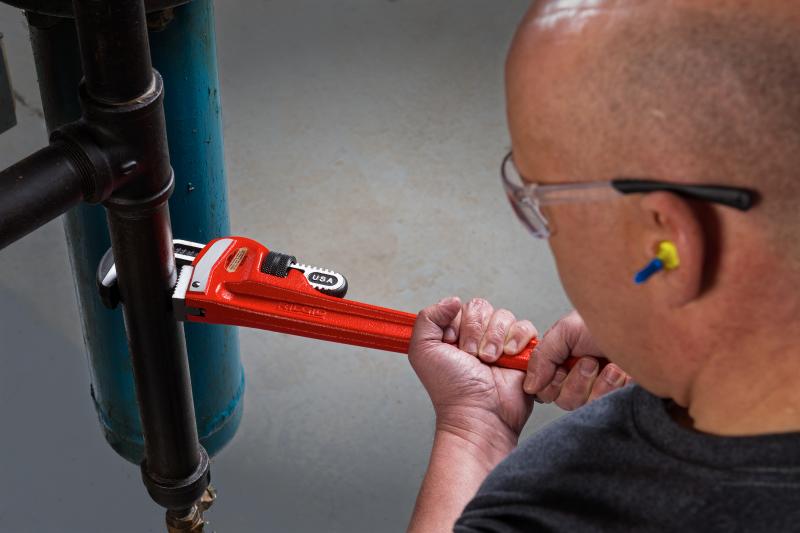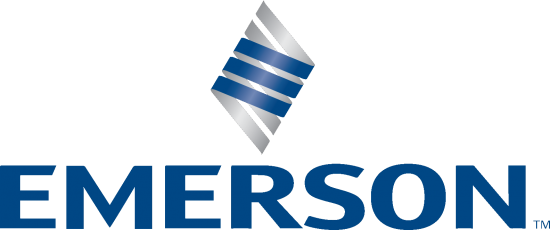Across industries and across applications, the uses of ductile cast iron are many. To understand why it's so versatile, let's recap its key mechanical properties — superior yield strength, tensile strength, and elongation. These properties manifest in the material's ability to resist bending, breaking, and pulling. In addition, ductile cast iron exhibits desirable traits such as impact resistance, compression strength, fatigue strength, castability, machinability, abrasion resistance, and positive strength to weight ratio.
Basically, what this means is that ductile iron has a use anywhere a resilient, durable, and dependable material is needed.
Tasks ductile iron best accomplishes
Because ductile iron is inherently castable and machinable, it can take on a staggering variety of shapes and forms, including those that are large and complex. Because of the desirable mechanical properties listed above, ductile iron is equally diverse in function, suitable for a broad spectrum of engineering applications.
- It can bend and twist more readily than other cast irons, lending it utility in industries where safety is paramount.
- It can pull and be pulled (after all, that's what it means to be ductile), making it viable for long stretches — whether that's on (or off) the road, on the rails, above ground, or underground.
- It's less heavy than steel, so it won't weigh down performance, whether you're adventuring on Earth or into outer space.
- It can take the heat — a critical consideration in situations where there are high rates of thermal cycling (a relatively common phenomenon with moving parts and friction)
Applications of ductile iron
Transportation
Both the automotive and commercial transportation industries make heavy use of ductile cast iron components.
- In cars, you'll find ductile iron in engine parts, gears and bushings, the suspension, the brakes, and the steering assembly.
- Heavy duty (Class 8) truck parts that may employ ductile iron include suspension systems, drive lines, steering systems, transmissions, and security systems.
- For locomotives, ductile iron is often present in railcar connector parts such as top caps and housings.
Agriculture
Reliability is crucial in agricultural castings, as today's large farming operations must keep up with the pressing demands of feeding the world — without easily getting worn down. You'll find ductile iron all over the place in agricultural settings, in the form of hubs, bearings, parallel arms, housings, and more.
Ductile iron farm equipment parts may be implemented into balers, chisels, combines/harvesters, harrows, offset disks, planters/seeders, plows, or tractors.
Piping and pressure parts
Because of its ability to elongate, ductile iron is frequently used in piping applications, especially those that would be too stressful for polymers (plastics) like PVC, HDPE, LDPE, or polypropylene. Ductile iron pipe is often relied upon in commercial and municipal infrastructure (water/sewer/drainage lines) because it is less likely to rupture or sustain damage during excavation and construction, and because it can withstand high pressure and flow rates internally.
In addition to pipes, ductile iron is regularly cast into the fittings and joints that help comprise fluid systems.
Other industries
What else is ductile iron used for? Quite a bit actually!
- Recreation: lift kits, off-roading equipment, ATV parts, even horseshoes!
- Aerospace: aircraft braking systems, turbines, engines
- Defense: components for military vehicles and naval vessels, other ITAR parts
- Construction and mining: bulldozers, cranes, brackets, clamps, pulley systems, oil well pumps, hand tools
- Power: hubs, frames, housings, pumps, hydraulic parts
- Paper: pressure drums, drying drums
Ductile iron can even be found in grand piano harps!
Ductile iron products you can put to use
With best-in-class nodularity, Urick castings do everything ductile iron has been known to do — but better. Whatever your engineering application, we pride ourselves on customized ductile iron solutions scaled to your needs. We are eager to discuss how we might make ourselves useful to your industry today.



